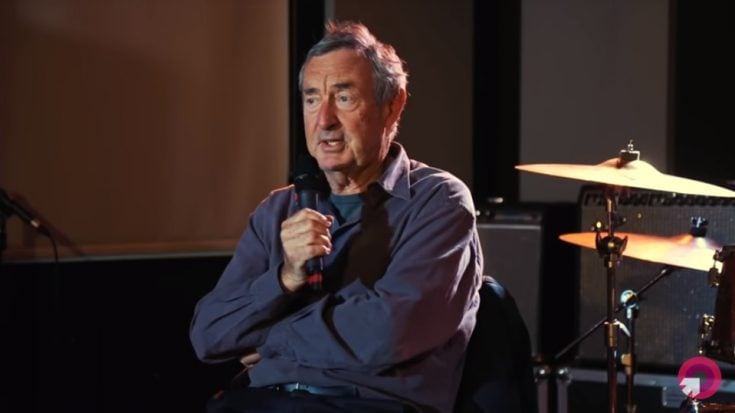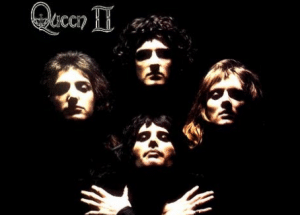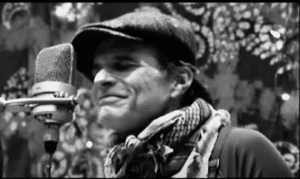Nick Mason Shuts Down Rumors That Pink Floyd Always Fights

Nick Mason for a drum Masterclass - BIMM / Youtube
Pink Floyd’s 1977 masterpiece, Animals, remains a landmark in rock history, its scathing social commentary and sonic brilliance reverberating even today. Yet, while the album’s impact is undeniable, the narrative surrounding its creation has often focused on internal band conflict.
Drummer Nick Mason, however, in a recent interview with Goldmine, paints a different picture, one that challenges the established myth and sheds new light on the creative process behind this iconic album.
Contrary to the prevalent narrative of friction and clashing egos, Mason emphasizes the collaborative spirit that fueled Animals. The drummer’s recollection highlights the band’s remarkable musical chemistry, and their ability to channel individual strengths into a cohesive whole, resulting in the powerful and unified vision that defines Animals.
However, dismissing internal tensions entirely would be dismissive. Mason acknowledges the complexities at play, particularly the growing influence of Roger Waters within the band. Yet, he frames it not as a source of antagonism, but rather as a natural evolution in the dynamics of a long-standing creative partnership.
The Animals sessions were a “rather sort of cheerful period”
Forget the fiery clashes and warring egos often ascribed to Pink Floyd’s creative process. During the “Animals sessions,” Mason paints a surprisingly cheerful picture. In the interview, he described their time as a “rather sort of cheerful period.”
Far from the battlefield narratives often woven around Pink Floyd, Mason recounts a collaborative atmosphere permeated by a sense of familial kinship.
The band surrounded themselves with “friends and family, almost”, with Roger’s house within walking distance and the studio feeling like a second home.
This relaxed environment fostered artistic exploration and mutual respect, allowing ideas to spark and grow organically. Instead of bitter disputes, the air crackled with creative energy, each member contributing their unique voice to the sonic tapestry.
https://twitter.com/Just_pinkfloyd/status/1173536861832105984
They even spent some of their downtime on a snooker table
This narrative stands in stark contrast to the myth of an embattled band. The energy within the studio fostered a sense of casual ease, further enhanced by the presence of an unexpected studio fixture: a snooker table.
“A great atmosphere. It really was a situation where you could go off and play snooker. Roger had not spent that much time specifying the tape recorders, but he did spend time on getting a snooker table.”
Ultimately, Mason’s recollection serves as a valuable reminder that creative brilliance can often emerge from unexpected sources. Animals remains a testament to the power of collaboration, a masterpiece born not from fiery clashes, but from a harmonious blend of individual strengths and a surprisingly relaxed atmosphere.
So, the next time you hear “Dogs” or “Pigs (Three Different Ones)”, remember, there might just be a faint echo of clinking snooker balls in the background, a playful reminder of the unconventional path that led to this musical landmark.
The technical difficulties and exploration that gave birth to an iconic album
Animals remains a sonic landmark, its blistering social commentary and innovative soundscapes echoing through the decades. But beyond the artistic heights, the album’s creation was tinged with technical hiccups and unexpected challenges.
In a 2022 interview with Ultimate Classic Rock, Nick Mason shed light on the album’s production process, offering a fascinating glimpse into the grit and ingenuity that went into crafting this sonic beast.
Mason paints a picture of a recording environment far removed from the polished studios of the past. Their newly built, budget-constrained studio served as the birth ground for Animals, coinciding with the rise of the raw energy of punk. This DIY spirit permeated the recording process, with an emphasis on experimentation and collaboration.
“There was absolutely nothing to stop one of us engineering a guitar solo,” Mason reminisces. He recounts a memorable incident where both he and Waters inadvertently erased a guitar solo by David Gilmour, a mishap unthinkable in the sterile environment of Abbey Road.
Despite the technical hiccups, a sense of creative urgency fuelled the sessions. The band channeled the turbulence of the era, the clash of punk’s abrasiveness and their own evolving sound, into an album that captured the zeitgeist like few others.
https://twitter.com/BoredWeb3/status/1252389082795110413











